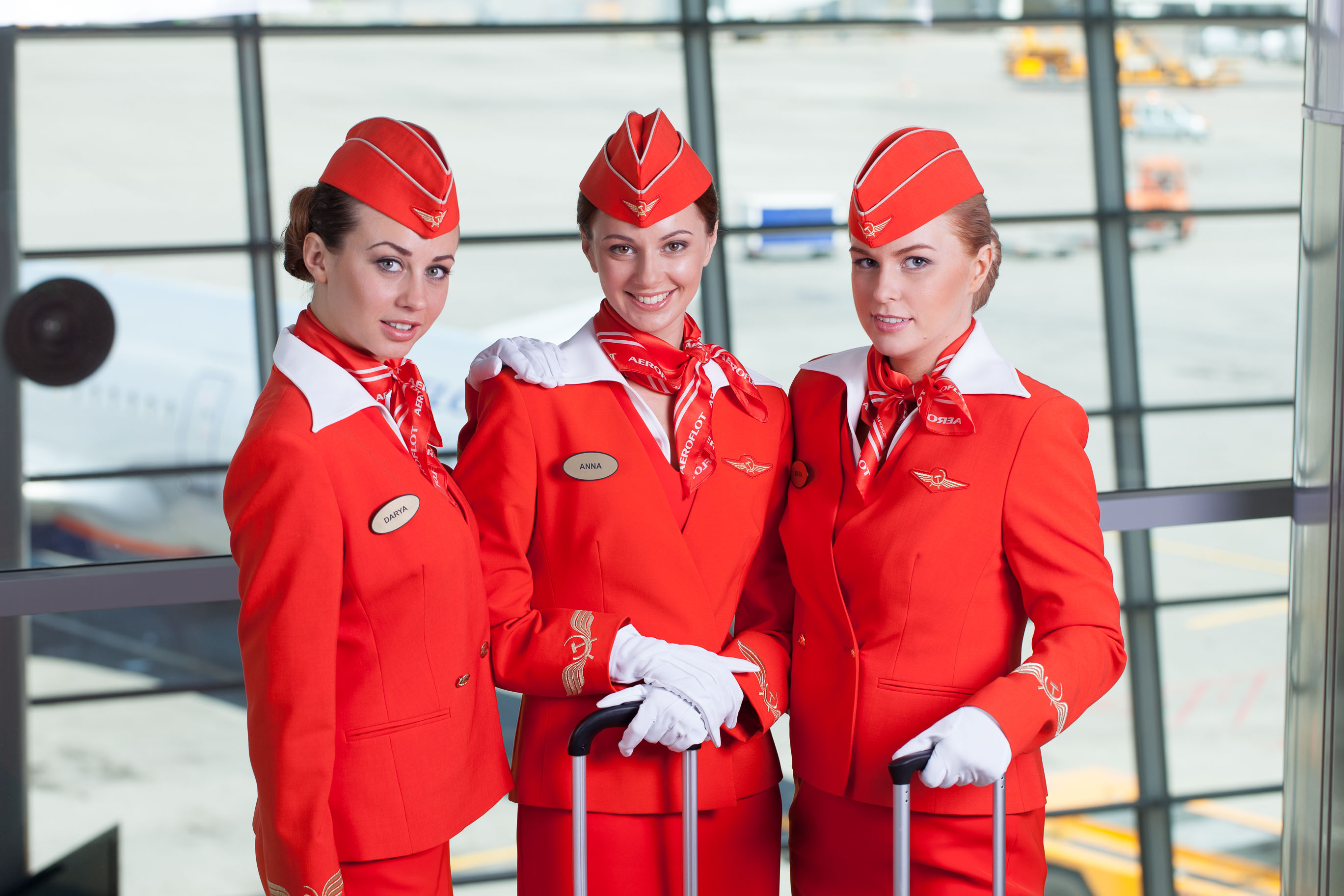Nikolai Glushkov was preparing for legal proceedings over claims that he looted over $100 million from Aeroflot when he served as the airline’s Deputy Director for Finance in the mid-1990’s.
He had run out of money and was preparing to represent himself — until he was “strangled to death with a dog leash.” The Russian government has impugned the circumstances around his death, while the British government is investigating murder and notes that “a black van [was] seen near his home the night he was strangled.”
Had his trial proceeded he was prepared to testify that Aeroflot was the centerpiece of Russia’s clandestine services.
The airline, Ms. Litvinenko said her husband told her, was a centerpiece of the Russian spy services, which since Soviet days had used its global network of offices and air routes to provide payroll for its agents around the world, as well as shipping clandestine cargoes. “Aeroflot was the center of it all,” she said—an allegation that Mr. Glushkov also intended to air in court.

Spies. Credit: Aeroflot
In the mid-1990’s “About 3,500 of [Aeroflot]’s 15,000 employees worked undercover for one of the branches of Russian intelligence services, he said.”
When Glishkov sought to gain control of revenue from ticket sales for the airline, he ran head on into security services chiefs who had been diverting the funds for their own projects,
In his office, he said, he received calls daily over a special telephone installed for talking with security-service chiefs. One of them, Alexander Korzhakov, a former KGB general and President Yeltsin’s bodyguard said he would “screw my head off” and “put me in jail…if I continued to violate the rights of the FSB,” Mr. Glushkov said in his witness statement.
The airline says,
Aeroflot “is not today, nor was it ever, a ‘paymaster for Russia’s security services.’ ”
Whether or not it is today may be up for discussion, but there’s little question that the airline was an instrument of the country’s security apparatus during the Soviet era.
Aeroflot ad from 1970


Fascinating. Reminds me of claims that the French routinely bugged the Concorde cabin back in the 90’s.
Thank you, Gary! Just what I needed to complete my aviation spy thriller novel.
Excellent caption work, Gary.
No wonder their mileage accrual rates are so damn stingy
And Panam was an instrument of our country’s “security apparatus” for decades too.
@GUWonder
I feel bad if our spooks have to settle for AA/DL/UA these days.
Admittedly, I have only even flown аэрофлот during the “heady days of Sputnik and Yuri Gagarin” (bonus points for the movie reference), when I was studying in the Soviet Union, but back then everywhere we went was bugged…KGB? GRU? who knew? (It was fun talking with them, though.) Back then, аэрофлот was flying jets that always felt like they were converted bombers, and I have no doubt whatsoever that some of the crew were indeed working for two masters, so to speak.
(I have had a reasonable amount of interaction with both the KGB *and* the FBI…should I be proud I have/had files in both countries?)
Given ex-KGB officer Putin’s influence throughout Russia and its society/institutions, I find it easy to believe that some members of the cabin crew onboard аэрофлот *still* serve two masters — just substitute FSB for KGB….
This is a most interesting subject, and one about which I wrote a thesis in 1978!
Not only Aeroflot and Pan Am, but all Eastern European carriers did their countries’ bidding, as did the government-owned airlines of the west. Air France were said (accurately I submit) to have placed eaves-dropping equipment in the First Class cabin of their West African flights, and BA (or actually BEA) were used to carry cash back and forth across the Iron Curtain to finance operations in the Eastern Block.
Ah, such interesting days. And, as always, these concepts become more sophisticated, but the global reach for both money and personnel that airlines offer have always been a significant part of some security services’ arsenals.
This has change to a point with privatisation of many carriers making such obvious governmental operations considerably harder, although employment cover is not uncommon. However, for state-owned carriers, the game continues unabated.